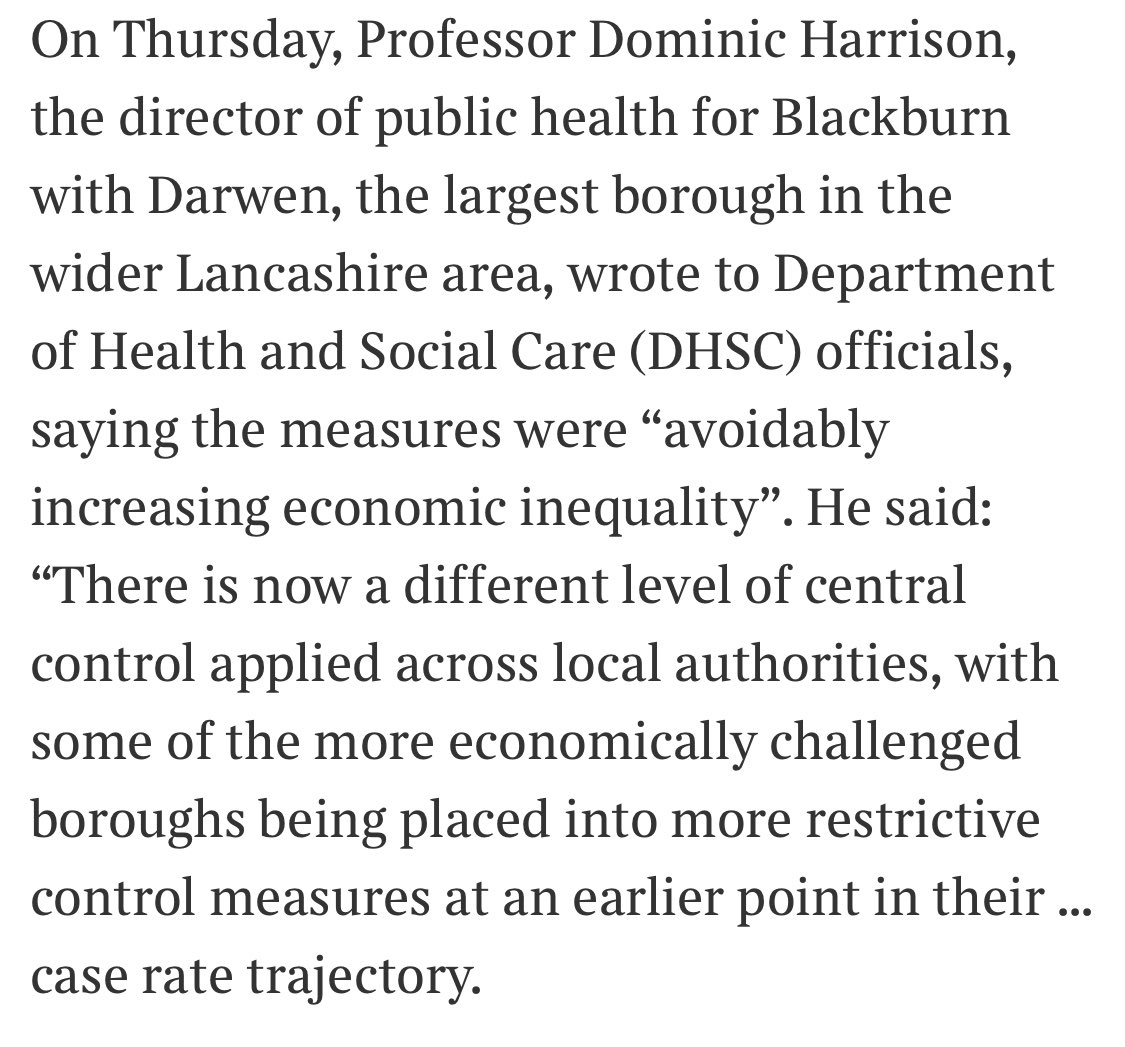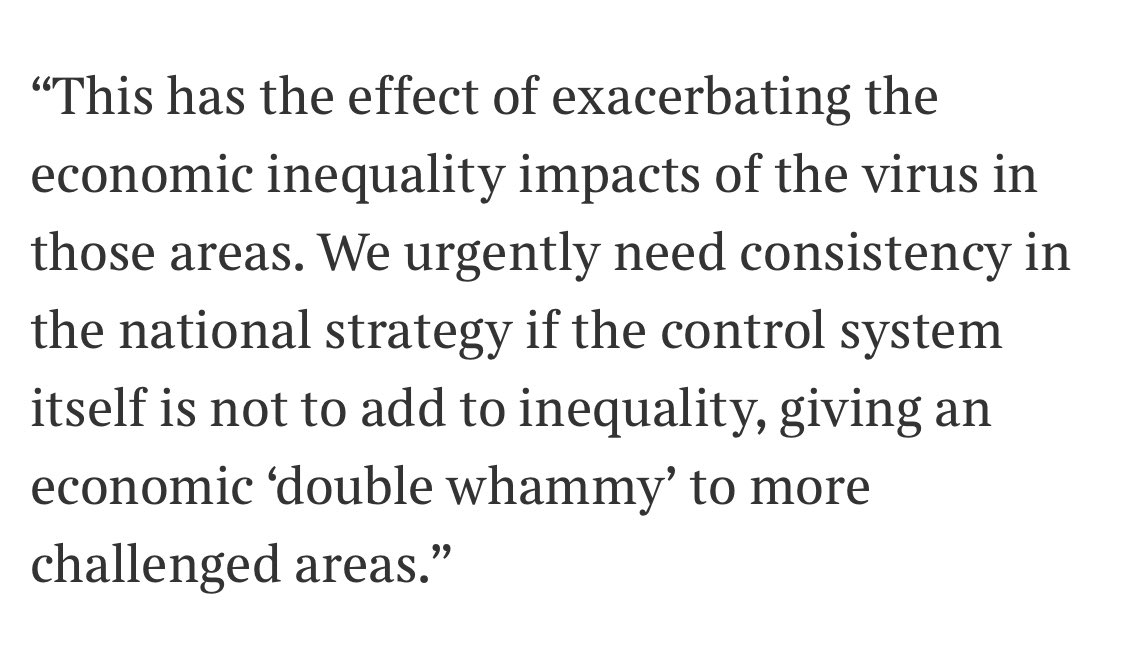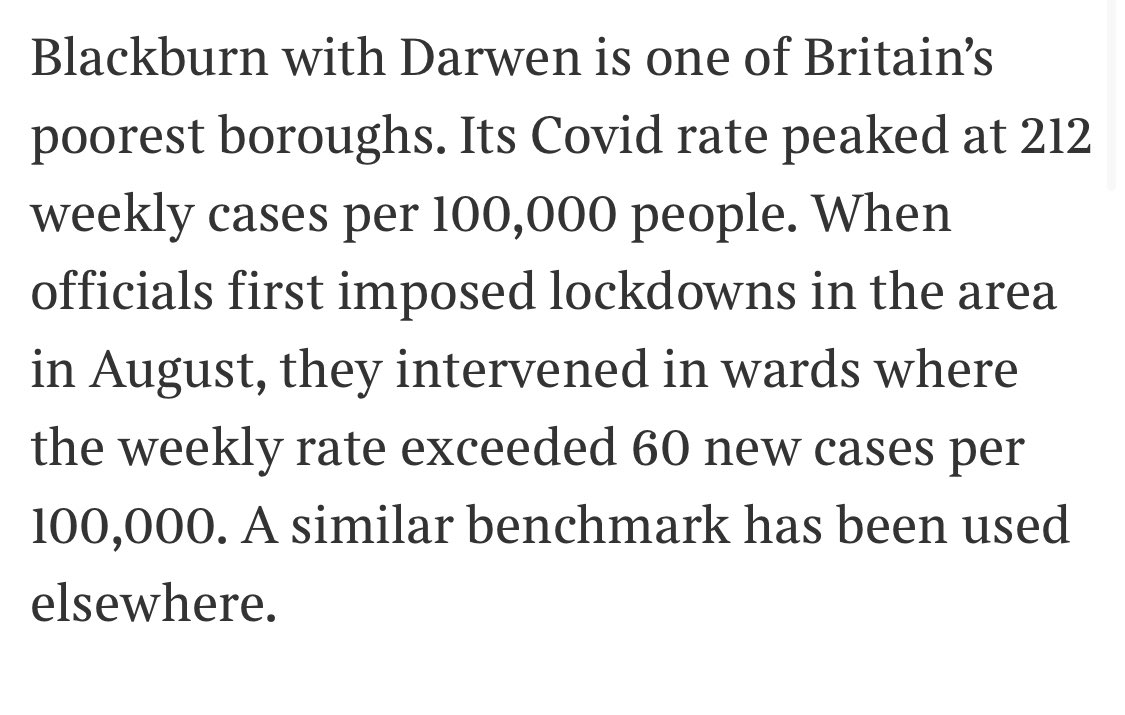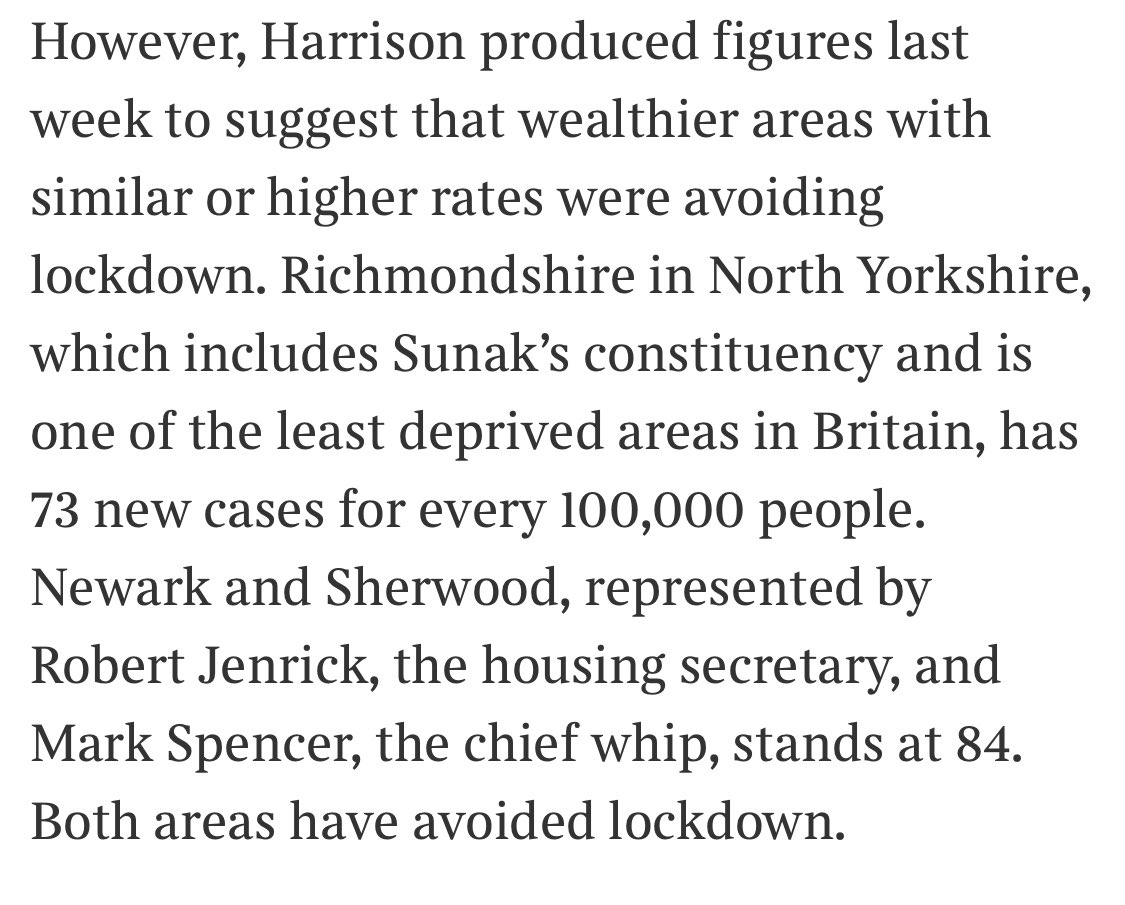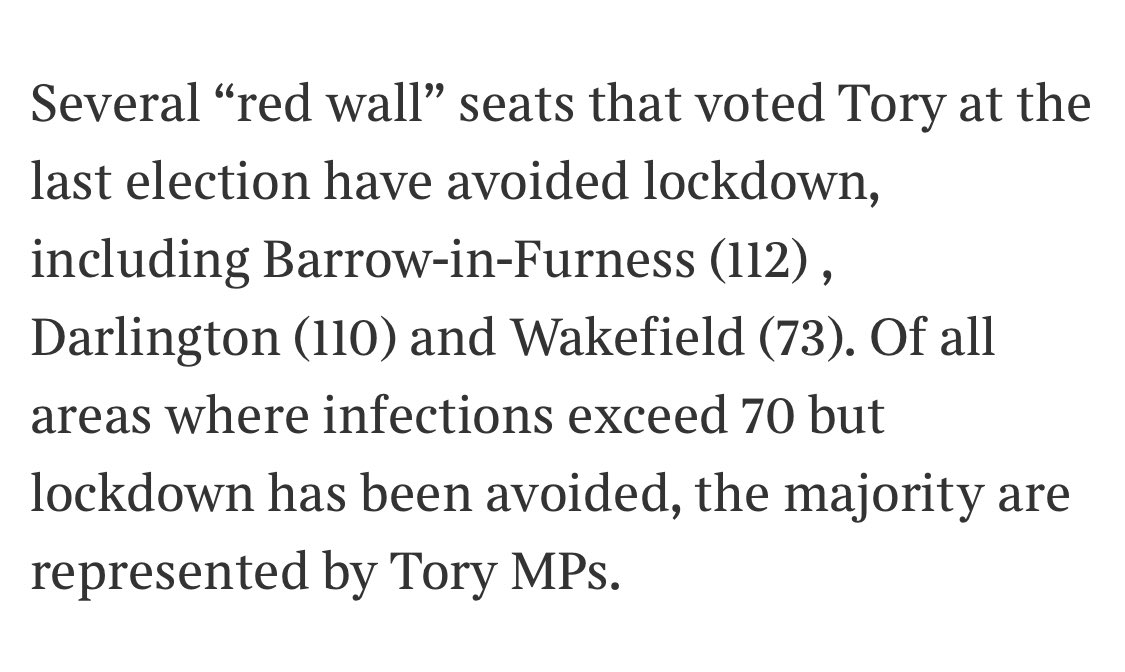
Absolutely. I’d add that, in trying to persuade others why the rule of law matters, avoid using the phrase itself. It isn’t clear to those who haven’t been following, and sounds too much like “rule of lawyers”.
https://twitter.com/davidallengreen/status/1314088394285346817
Instead, make these points (among others and in no particular order). Rules should be clear. Ministers shouldn’t decide for themselves whether they are acting within their powers or complying with rules: that’s for courts. Governments should stick to agreements they have signed.
Decisions should be taken only after those concerned have a real chance to be heard. Govt decisions should not be biased or contracts awarded to contacts without giving others a fair chance. Governments should be able to be taken to court if they don’t follow those principles.
And so on.
• • •
Missing some Tweet in this thread? You can try to
force a refresh

